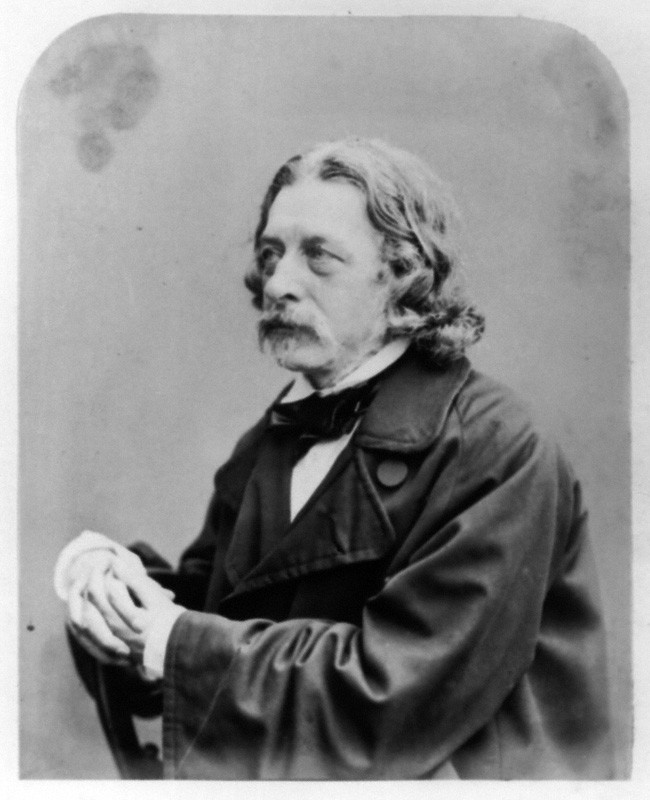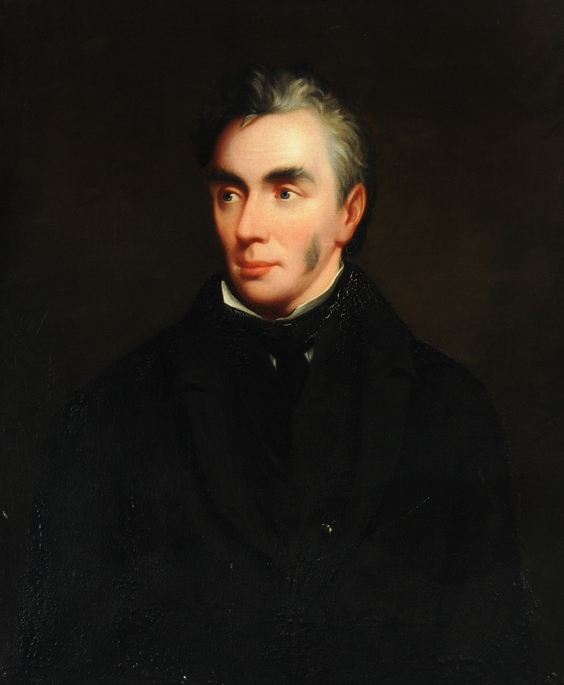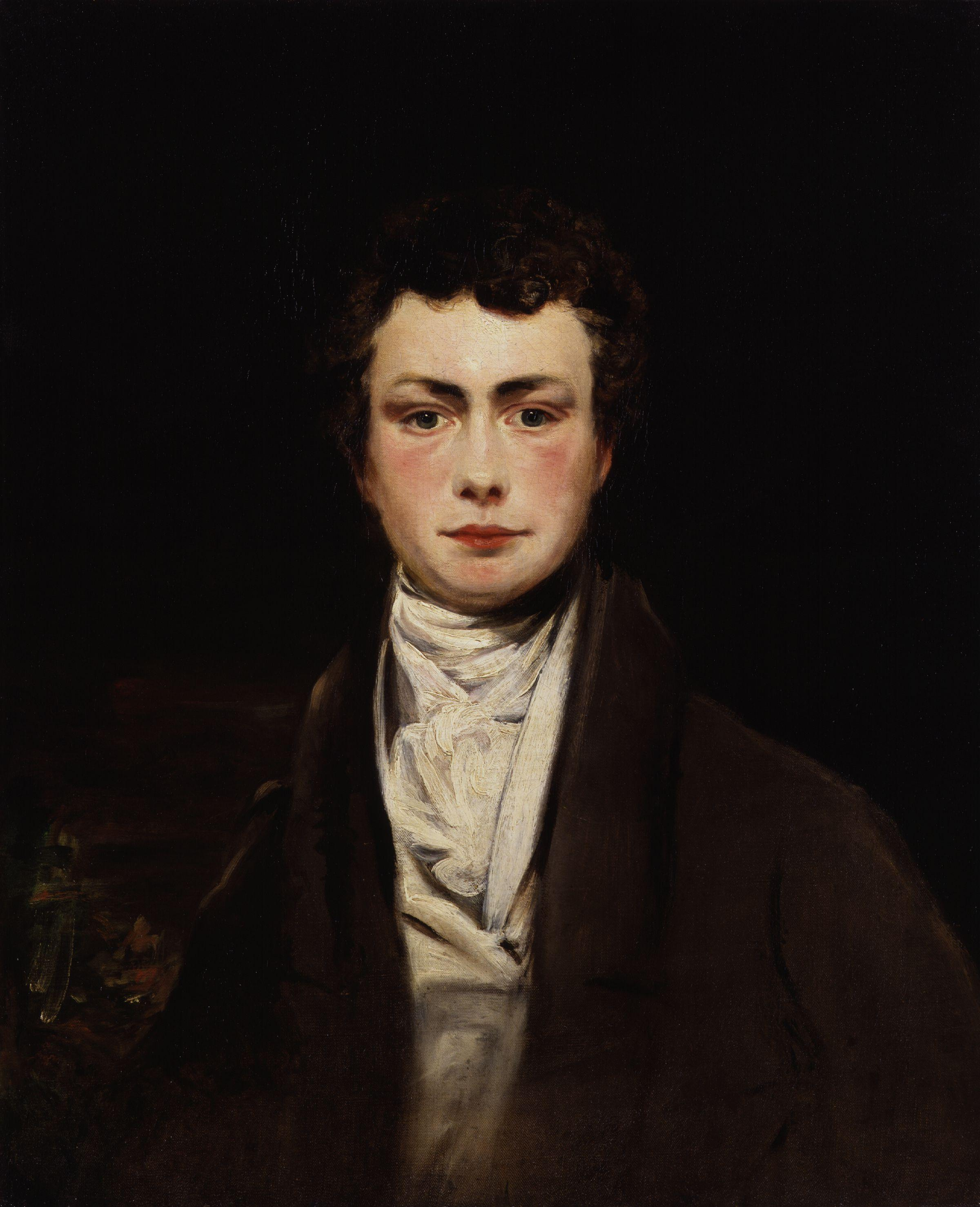|
1830 In Poetry
Nationality words link to articles with information on the nation's poetry or literature (for instance, Irish or France). Events * ''Godey's Lady's Book'', the most popular women's magazine of the 19th century in the United States, is founded in Philadelphia by Louise Antoine Godey. Its circulation would reach 150,000. The magazine contained recipes, articles on beauty and health, sentimental and didactic writing and book reviews as well as the work of Ralph Waldo Emerson, Henry Wadsworth Longfellow, Oliver Wendell Holmes, Edgar Allan Poe and Harriet Beecher Stowe. The magazine lasted until 1898 * In Germany, a loose group of writers known as Young Germany (''Junges Deutschland'') begins to flourish this year. The movement continues until 1850 * ''La bibliothèque canadienne'', a French Canadian magazine edited by Michel Bibaud, ceases publication this year (it began in 1825)Story, Noah, ''The Oxford Companion to Canadian History and Literature'', "Poetry in French" article, pp ... [...More Info...] [...Related Items...] OR: [Wikipedia] [Google] [Baidu] |
Irish Poetry
Irish poetry is poetry written by poets from Ireland. It is mainly written in Irish language, Irish and English, though some is in Scottish Gaelic literature, Scottish Gaelic and some in Hiberno-Latin. The complex interplay between the two main traditions, and between both of them and other poetries in English and Scottish Gaelic literature, Scottish Gaelic, has produced a body of work that is both rich in variety and difficult to categorise. The earliest surviving poems in Irish date back to the 6th century, while the first known poems in English from Ireland date to the 14th century. Although there has always been some cross-fertilization between the two language traditions, an English-language poetry that had absorbed themes and models from Irish did not finally emerge until the 19th century. This culminated in the work of the poets of the Irish Literary Revival in the late 19th and early 20th century. Towards the last quarter of the 20th century, modern Irish poetry tended ... [...More Info...] [...Related Items...] OR: [Wikipedia] [Google] [Baidu] |
English Poetry
This article focuses on poetry from the United Kingdom written in the English language. The article does not cover poetry from other countries where the English language is spoken, including Republican Ireland after December 1922. The earliest surviving English poetry, written in Anglo-Saxon, the direct predecessor of modern English, may have been composed as early as the 7th century. The earliest English poetry The earliest known English poem is a hymn on the creation; Bede attributes this to Cædmon ( fl. 658–680), who was, according to legend, an illiterate herdsman who produced extemporaneous poetry at a monastery at Whitby. This is generally taken as marking the beginning of Anglo-Saxon poetry. Much of the poetry of the period is difficult to date, or even to arrange chronologically; for example, estimates for the date of the great epic ''Beowulf'' range from AD 608 right through to AD 1000, and there has never been anything even approaching a consensus. It is pos ... [...More Info...] [...Related Items...] OR: [Wikipedia] [Google] [Baidu] |
Robert Montgomery (poet)
Robert Montgomery (1807–1855) was an English poet and minister, the natural son of Robert Gomery (1778-1853), an actor and clown, and Elizabeth Meadows Boyce, a schoolteacher. He was born in Bath, Somerset, and educated at a private school in the city. Later, he founded an unsuccessful weekly paper in that city. In 1828 he published ''The Omni-presence of the Deity'', which hit popular religious sentiment so exactly that it ran through eight editions in as many months. In 1830 he followed it with ''The Puffiad'' (a satire), and ''Satan, or Intellect without God''. An exhaustive review in '' Blackwood's'' by John Wilson, followed in the thirty-first number by a burlesque of Satan, and two articles in the first volume of Fraser, ridiculed Montgomery's pretensions and the excesses of his admirers. But his name was immortalized by Macaulay's famous onslaught in the ''Edinburgh Review'' for April 1830, "an annihilating so Jove-like that the victim automatically commands the specta ... [...More Info...] [...Related Items...] OR: [Wikipedia] [Google] [Baidu] |
Richard Lower (poet)
Richard Lower (1782–1865) was an English dialect poet. Life Lower, born at Alfriston, Sussex, 19 September 1782, was a son of John Lower, who owned the barge ''The Good Intent'', and was the first person to navigate the little river Cuckmere from the sea to Longbridge. Richard, finding that he was physically too weak to adopt his father's calling, and having received a fair education, opened a school about 1803 in the parish of Chiddingly, where he resided till within a few months of his death. He also carried on the business of land surveyor, and was factotum in most of the parochial offices. From his childhood he was addicted to rhyming, much to his mother's displeasure. He died at the residence of his third son, Joseph Richard Lower, surveyor, High Street, Tonbridge, Kent, 29 September 1865. Works His best-known production is ''Tom Cladpole's Jurney to Lunnon, told by himself, and written in pure Sussex doggerel by his Uncle Tim'', and printed in 1830 as a sixpenny pamphle ... [...More Info...] [...Related Items...] OR: [Wikipedia] [Google] [Baidu] |
John Abraham Heraud
John Abraham Heraud (1799–1887) was an English journalist and poet. He published two extravagant epic poems, ''The Descent into Hell'' (1830), and ''The Judgment of the Flood'' (1834). He also wrote plays, and travel books. Life He was born in the parish of St Andrew's, Holborn, London, on 5 July 1799. His father, James Abraham Heraud, of Huguenot descent, was a law stationer, and died at Tottenham, Middlesex, on 6 May 1846, having married Jane, daughter of John and Elizabeth Hicks; she died 2 August 1850. John Abraham, the son, was privately educated, and originally destined for business, but in 1818 began writing for the magazines. Heraud had a large circle of literary acquaintances, including Samuel Taylor Coleridge, Robert Southey, William Wordsworth, and John Gibson Lockhart. Southey was a correspondent, who thought Heraud capable of learning anything, except "how to check his own exuberance in verse", as he wrote to Robert Gooch. Heraud wrote for the ''Quarterly Rev ... [...More Info...] [...Related Items...] OR: [Wikipedia] [Google] [Baidu] |
Caroline Fry
Caroline Fry (31 December 1787 – 17 September 1846), a British Christian writer, later Mrs Caroline Wilson, was born and died at Tunbridge Wells in Kent. Life She was one of ten children born to John and Jane Fry. She married William Wilson at Desford, Leicestershire on 26 May 1831. Fry's family was affiliated with the "High Church" in the Church of England. Her brother John Fry (1775 – 1849) attended Oxford University and later became rector of Desford parish. He also wrote a number of Christian books. He was instrumental in educating his sister in theological matters emphasizing an evangelical faith that influenced Caroline and others of her family to abandon their "high-and-dry" religious convictions for a more fervent evangelical piety. Caroline Fry's conversion experience as a young adult in 1822 is recorded in her ''Autobiography,'' as inserted as an introduction to her book entitled, ''Christ Our Example.'' Fry has produced an impressive list of publications o ... [...More Info...] [...Related Items...] OR: [Wikipedia] [Google] [Baidu] |
Ebenezer Elliott
Ebenezer Elliott (17 March 1781 – 1 December 1849) was an English poet, known as the ''Corn Law rhymer'' for his leading the fight to repeal the Corn Laws, which were causing hardship and starvation among the poor. Though a factory owner himself, his single-minded devotion to the welfare of the labouring classes won him a sympathetic reputation long after his poetry ceased to be read. Early life Elliott was born at the New Foundry, Masbrough, in the parish of Rotherham, Yorkshire. His father, known as "Devil Elliott" for his fiery sermons, was an extreme Calvinist and a strong Radical. He was engaged in the iron trade. His mother suffered from poor health, and young Ebenezer, although one of eleven children, of whom eight reached maturity, had a solitary and rather morbid childhood. At the age of six he contracted smallpox, which left him "fearfully disfigured and six weeks blind." His health was permanently affected, and he suffered from illness and depression in later life. ... [...More Info...] [...Related Items...] OR: [Wikipedia] [Google] [Baidu] |
George Croly
George Croly (17 August 1780 – 24 November 1860) was an Irish poet, novelist, historian, and Anglican priest. He was rector of St Stephen Walbrook in the City of London from 1835 until his death. Early life Croly was born in Dublin. His father was a physician. He graduated from Trinity College, Dublin with an MA in 1804. The college was to award him an honorary LLD in 1831. He was ordained in 1804, and served as a curate at a parish in the diocese of Meath until around 1810. Then, accompanied by his widowed mother, his brother Henry and his sisters, he moved to London. Finding himself unable to obtain preferment in the church, he dedicated himself to a literary career.White p.334 Literary career Croly was a leading contributor to the ''Literary Gazette'' and ''Blackwood's Magazine'', from the establishment of both in 1817, and was also associated with the Tory magazine ''Britannia''. He worked as a theatre critic for the ''New Times'' and later as a foreign correspondent. H ... [...More Info...] [...Related Items...] OR: [Wikipedia] [Google] [Baidu] |
1799 In Poetry
Events January–June * January 9 – British Prime Minister William Pitt the Younger introduces an income tax of two shillings to the pound, to raise funds for Great Britain's war effort in the French Revolutionary Wars. * January 17 – Maltese patriot Dun Mikiel Xerri, along with a number of other patriots, is executed. * January 21 – The Parthenopean Republic is established in Naples by French General Jean Étienne Championnet; King Ferdinand I of the Two Sicilies flees. * February 9 – Quasi-War: In the single-ship action of USS ''Constellation'' vs ''L'Insurgente'' in the Caribbean, the American ship is the victor. * February 28 – French Revolutionary Wars: Action of 28 February 1799 – British Royal Navy frigate HMS ''Sybille'' defeats the French frigate ''Forte'', off the mouth of the Hooghly River in the Bay of Bengal, but both captains are killed. * March 1 – Federalist James Ross becomes President pro tempore of the United States Senate. * March ... [...More Info...] [...Related Items...] OR: [Wikipedia] [Google] [Baidu] |
Robert Southey
Robert Southey ( or ; 12 August 1774 – 21 March 1843) was an English poet of the Romantic school, and Poet Laureate from 1813 until his death. Like the other Lake Poets, William Wordsworth and Samuel Taylor Coleridge, Southey began as a radical but became steadily more conservative as he gained respect for Britain and its institutions. Other romantics such as Byron accused him of siding with the establishment for money and status. He is remembered especially for the poem "After Blenheim" and the original version of "Goldilocks and the Three Bears". Life Robert Southey was born in Wine Street, Bristol, to Robert Southey and Margaret Hill. He was educated at Westminster School, London (where he was expelled for writing an article in ''The Flagellant'', a magazine he originated,Margaret Drabble ed: ''The Oxford Companion to English Literature'' (6th edition, Oxford, 2000), pp 953-4. attributing the invention of flogging to the Devil), and at Balliol College, Oxford. Southey ... [...More Info...] [...Related Items...] OR: [Wikipedia] [Google] [Baidu] |
Samuel Taylor Coleridge
Samuel Taylor Coleridge (; 21 October 177225 July 1834) was an English poet, literary critic, philosopher, and theologian who, with his friend William Wordsworth, was a founder of the Romantic Movement in England and a member of the Lake Poets. He also shared volumes and collaborated with Charles Lamb, Robert Southey, and Charles Lloyd. He wrote the poems ''The Rime of the Ancient Mariner'' and ''Kubla Khan'', as well as the major prose work ''Biographia Literaria''. His critical work, especially on William Shakespeare, was highly influential, and he helped introduce German idealist philosophy to English-speaking cultures. Coleridge coined many familiar words and phrases, including "suspension of disbelief". He had a major influence on Ralph Waldo Emerson and American transcendentalism. Throughout his adult life, Coleridge had crippling bouts of anxiety and depression; it has been speculated that he had bipolar disorder, which had not been defined during his lifetime.Jamis ... [...More Info...] [...Related Items...] OR: [Wikipedia] [Google] [Baidu] |
Thomas Moore
Thomas Moore (28 May 1779 – 25 February 1852) was an Irish writer, poet, and lyricist celebrated for his ''Irish Melodies''. Their setting of English-language verse to old Irish tunes marked the transition in popular Irish culture from Irish to English. Politically, Moore was recognised in England as a press, or " squib", writer for the aristocratic Whigs; in Ireland he was accounted a Catholic patriot. Married to a Protestant actress and hailed as "Anacreon Moore" after the classical Greek composer of drinking songs and erotic verse, Moore did not profess religious piety. Yet in the controversies that surrounded Catholic Emancipation, Moore was seen to defend the tradition of the Church in Ireland against both evangelising Protestants and uncompromising lay Catholics. Longer prose works reveal more radical sympathies. The ''Life and Death of Lord Edward Fitzgerald'' depicts the United Irish leader as a martyr in the cause of democratic reform. Complementing Maria Edgewort ... [...More Info...] [...Related Items...] OR: [Wikipedia] [Google] [Baidu] |







%2C_Portrait_miniature%2C1809.jpg)
